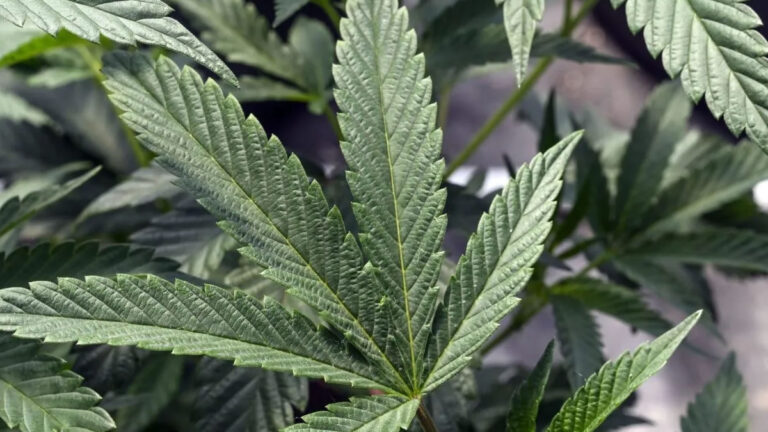As the Trump administration reportedly considers rescheduling marijuana from Schedule I to Schedule III under the Controlled Substances Act, a move that would significantly liberalize its regulation, a counter-argument is emerging that such a change would be a dangerous misstep. While proponents frame it as a pragmatic reform, critics argue it overlooks critical scientific evidence and public health risks, prioritizing corporate profits over societal well-being.
The argument against rescheduling hinges on several key points. Firstly, the most authoritative federal review of cannabis, the 2017 National Academies of Sciences Report, found substantial evidence supporting cannabis efficacy for only three conditions: chronic pain in adults, chemotherapy-induced nausea, and multiple sclerosis spasticity symptoms. Conditions like PTSD were found to have only "limited evidence," contradicting claims that marijuana is a proven remedy. The 2021 Veterans Affairs and Department of Defense Clinical Practice Guidelines explicitly reject cannabis for PTSD due to insufficient evidence and potential harm.
Secondly, a critical concern is the dramatic rise in THC potency in modern marijuana. Historically, cannabis contained 2-4% THC. Today's bioengineered strains routinely exceed 15-30%, with concentrates reaching 90% or higher. This high-THC cannabis is pharmacologically distinct and linked to alarming public health consequences. Research published in journals like Lancet Psychiatry and JAMA Pediatrics associates high-THC cannabis with increased risks of psychosis, schizophrenia, and cognitive impairment in adolescents, including IQ decline.
To reclassify modern, high-THC cannabis to Schedule III – placing it alongside drugs like ketamine and anabolic steroids – would, according to critics, falsely legitimize it as a "medicine" despite these well-documented dangers. Furthermore, such a move would provide a massive financial windfall for the cannabis industry. It would eliminate IRS tax code Section 280E, which currently prevents marijuana businesses from deducting ordinary business expenses, costing them billions annually. This tax relief could fuel more aggressive marketing and lobbying efforts.
Opponents argue that high-THC cannabis undeniably meets the criteria for Schedule I classification: a high potential for abuse, no currently accepted medical use in the U.S. (for smoked/vaped forms), and a lack of accepted safety for use under medical supervision. They propose a more responsible approach: maintain high-THC cannabis in Schedule I while permitting FDA and DEA exceptions for research on low-THC (under 4%) cannabis, the plant's natural form. If studies confirm medical benefits for low-THC cannabis, it could then be reclassified with strict controls.
This targeted solution, they argue, would balance potential medical access with public safety, ensuring that drug policy is dictated by science, not corporate lobbying, and avoiding the uncontrolled proliferation of high-potency THC products.


